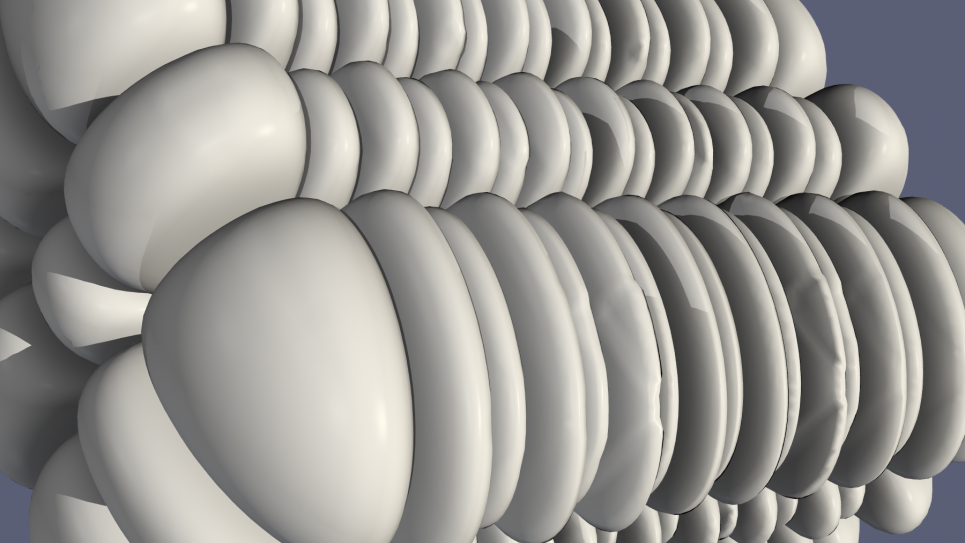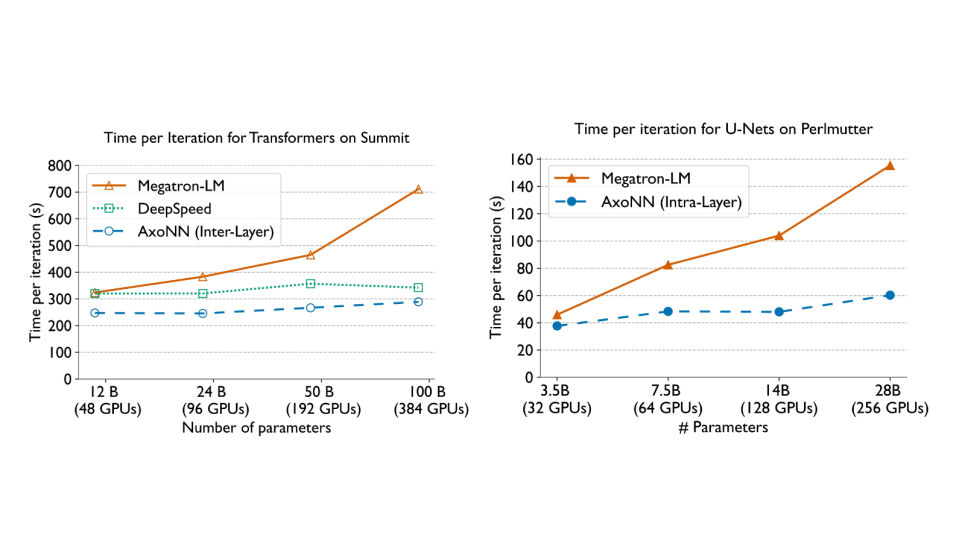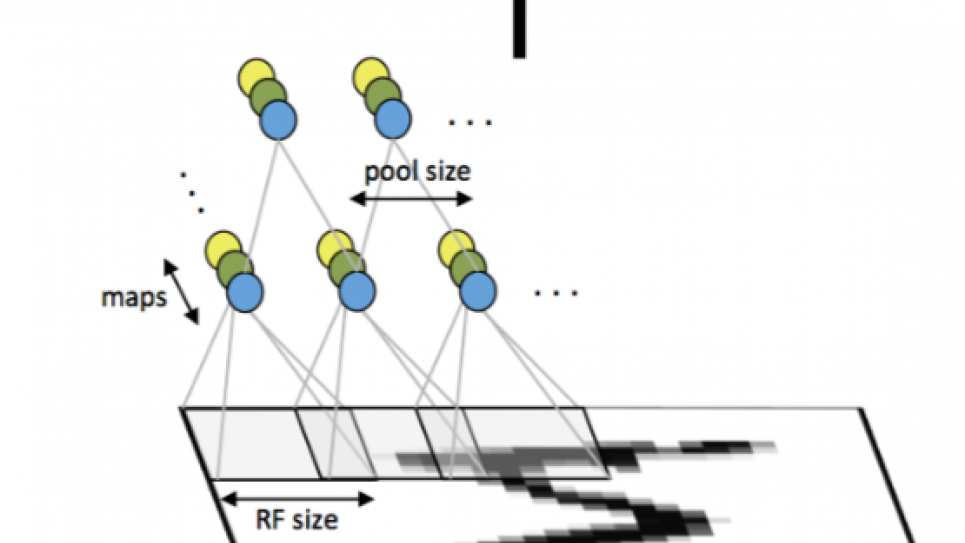
Dynamic and Adaptive Parallel Programming for Exascale Research
This project supports the very active community developing and employing high-performance and high-productivity parallel programming paradigms that provide a natural and fully compatible extension of the message passing interface (MPI) to massively threaded, extreme-scale parallel systems.
Research is centered around development activities for MADNESS (Multiresolution ADaptive NumErical Scientific Simulation), a general purpose numerical environment for deploying advanced scientific algorithms on petascale and post-petascale architecture. Research objectives involve a combination of lower-level optimizations and developments to the MADNESS runtime environment; general purpose numerical environment for the solution of integral and differential equations; and testing of higher-level applications and functionalities in different scientific domains, spanning multiple areas of chemistry and physics.
The team continues to build on its achievements from earlier INCITE awards. This included the implementation of task-based algorithms for dense and block-sparse tensor algebra in TiledArray, a block-sparse tensor toolkit based on the MADNESS runtime. These developments will lead to a new generation of many-body electronic structure capability necessary for combustion and catalysis.
The team will also improve strong scalability of the numerical density functional theory (DFT) code. The code’s capability will be augmented to support pseudopotentials as well as frequency-dependent response properties, both key to practical application of the code to catalysis and energy storage systems.
The resources of this project are essential to support scientific users on IBM’s Blue Gene petascale systems and other platforms, to develop new capabilities, and to ensure a strong path to exascale computing.

